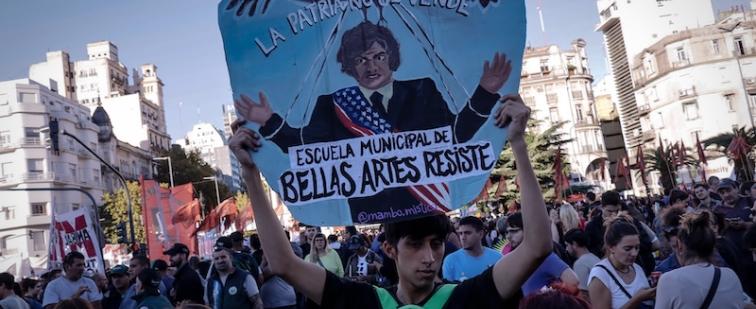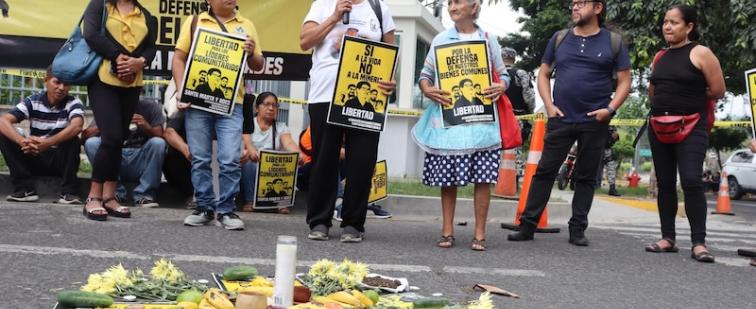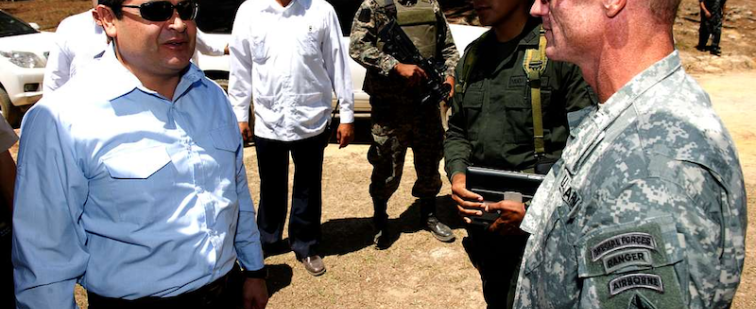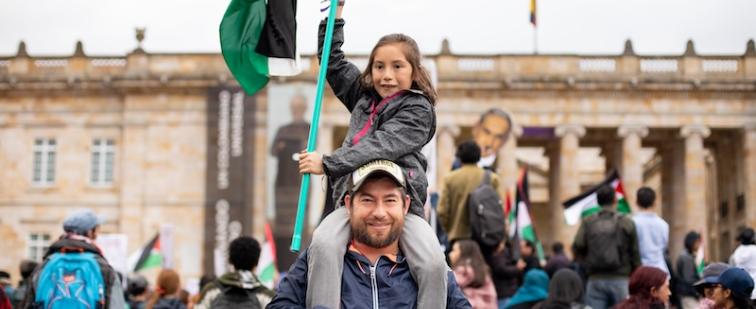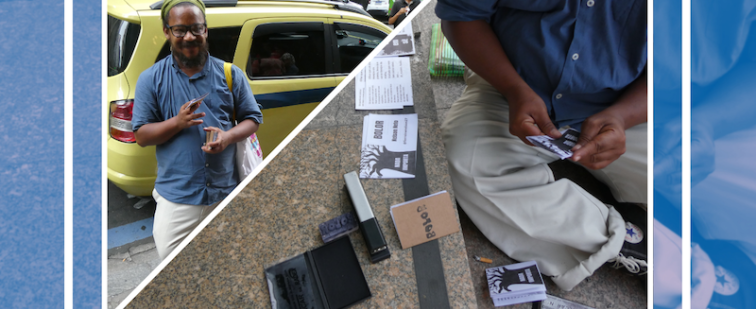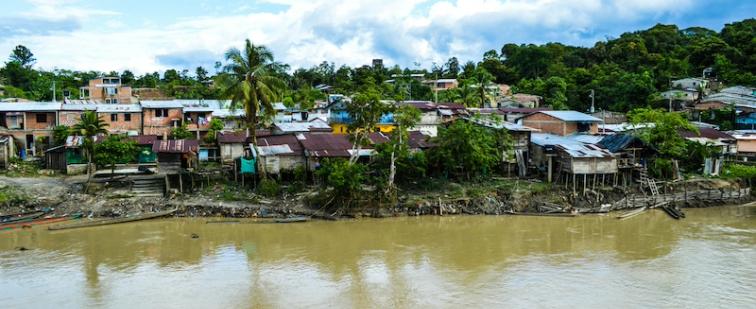Home
In this commentary, Ben Beachy notes that ongoing U.S. intervention has reached a fever pitch now that Sandinista leader Daniel Ortega—Washington's Cold War nemesis—has pulled ahead in the polls for the upcoming elections. U.S. authorities have threatened Nicaraguan voters with what amount to economic sanctions in the event of an Ortega victory.
Luiz Inácio Lula da Silva’s resounding electoral victory with over 60 percent of the vote places Brazilian politics on a new footing. While many on the left remain critical of Lula for the limited reforms of his first term, his victory has consolidated a shift in the country’s possibilities for deeper social transformations.
Of all the land disputes between indigenous communities and large landowners that have mushroomed in Argentina during the last decade, none acquired the public notoriety of the battle waged in the northern Patagonian province of Chubut in 2004. The David-and-Goliath elements of the confrontation ensured unprecedented media attention to an issue long neglected by mainstream Argentina.
On the morning of October 5, Julián Andrés Hurtado, a 29-year-old student leader at the University of Valle in Cali, Colombia, died from gunshots to the head. Julian, who was just one week away from graduation, served as a student representative to the academic council of his school, the largest public university in Cali.
On May 1st, the day the Bolivian government announced the “nationalization” of the country’s vast oil and gas reserves, I went out to witness the symbolic takeover of a former Bolivian refinery that was privatized in the late 1990s. A cheering crowd looked on as a young employee of Bolivia’s state oil and gas company, Yacimientos Petroliferos Fiscales Bolivianos (YPFB), strung a YPFB banner over the metal letters spelling out the name of the Brazilian company Petrobras. Another banner hung on the front gate proclaimed, “Nationalized: Property of Bolivia.”
Days before Brazil’s October 1 national elections, about 300 members of Vía Campesina and the Landless Rural Workers' Movement (MST) camped in front of the Santa Rita farm. Located in Santo Antônio da Platina in the state of Paraná, the farm belongs to Abelardo Lupion, a federal congressman of the right-wing Liberal Front Party. Vía Campesina alleges that Lupion illegally bought the farm from the U.S.-based Monsanto Corporation in return for using his political power to legalize the pesticide glyphosate in Brazil.
In 2003, after several weeks of massive protests and violent state repression, Bolivian President Gonzalo “Goni” Sánchez de Lozada signed his resignation and fled to Miami. It was October 17. The day is etched in the collective memory of Bolivians as the victorious culmination of a hard-fought battle—a war, in fact, or the “Gas War” as most Bolivians still call it.
In this commentary, Miguel d’Escoto Brockman, the former Foreign Minister of Nicaragua (1979-1990) and a Maryknoll Priest, ponders the hypocrisy of the U.S. War on Terror on the 30th anniversary of the Cubana Flight 455 bombing over Barbados.
Argentina has opened several high profile criminal cases charging former military officers for human rights abuses during the 1976-1983 military dictatorship. For the first time in the nation’s history, an Argentine court sentenced a military officer to life for crimes against humanity earlier this month. As the South American country re-evaluates its dark history, new skeletons in the closet have reappeared.
Breaking down the fences of the large estates was not as difficult as fighting the technological packages of the transnationals,” Huli recounts as he sits in his kitchen and pours hot water into the mate we share while his son romps around the house. He says the campesinos of Brazil's Landless Rural Workers' Movement (MST, for the Portuguese initials) dreamed for years of reclaiming their land, believing that it would solve all their problems: food for their children, a dignified life of hard work on the farm, education, health, and housing. However, the reality would prove much more difficult, for surprises they had never imagined lay ahead.


